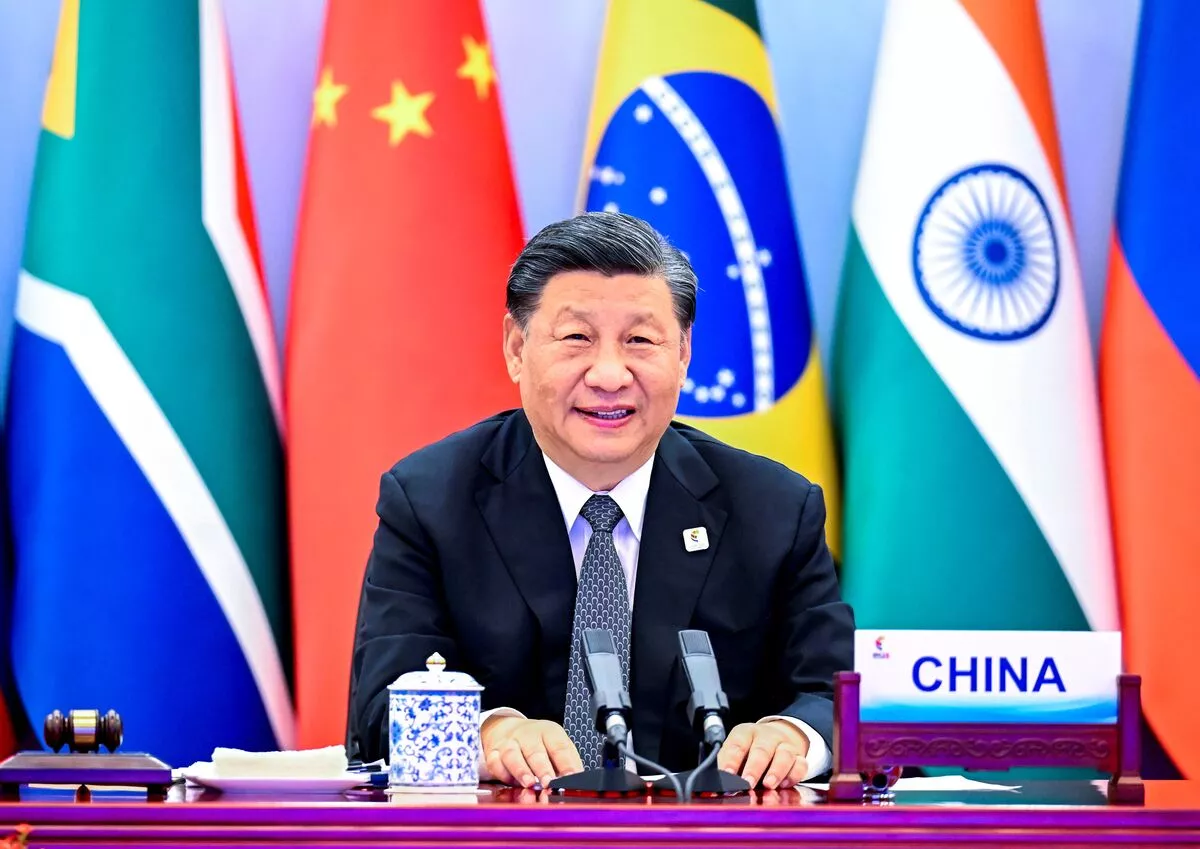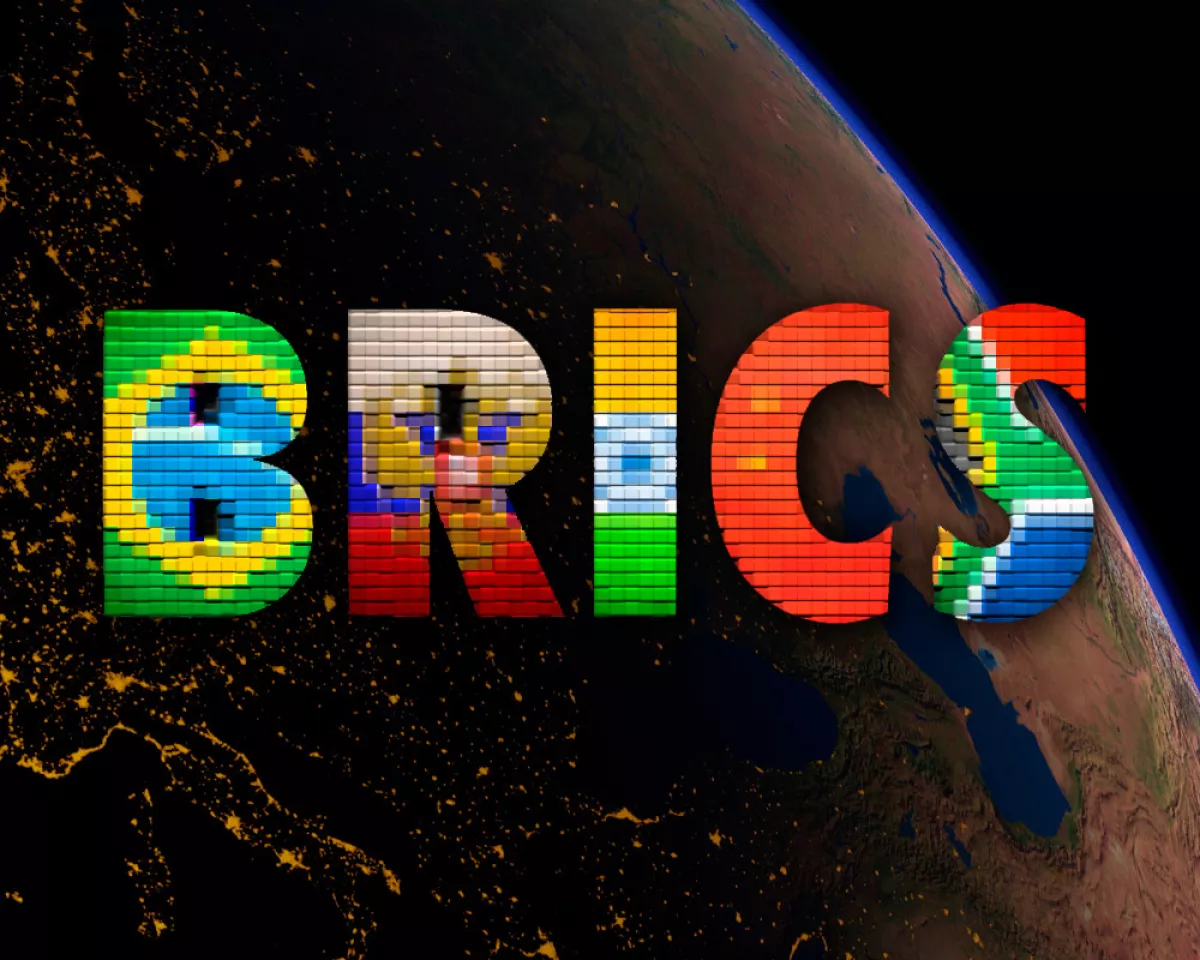China unveils BRICS priorities ahead of key summit Unity in diversity
As the 16th BRICS Summit kicks off on October 22 in Kazan, Beijing has laid out its vision for the organization’s future, emphasizing the importance of the "three main pillars of cooperation"—politics and security, economy and finance, and cultural and humanitarian exchanges—while also advocating for the advancement of the "BRICS Plus" model.
Defining BRICS as an "important platform for dialogue between emerging markets and developing countries," China emphasized the organization's consistent adherence to the principles of "openness, inclusivity, and mutual benefit." From Beijing's perspective, this becomes crucial as the world enters a "new period of turbulence" marked by a "shortage of peace, development, security, and governance," leading humanity to face "unprecedented challenges."
In this context, Beijing underscores the importance of meetings among BRICS member states, describing them as a "key mechanism for political and security cooperation." These meetings not only enhance the countries' ability to respond collectively to global challenges but also "contribute to maintaining peace and stability both regionally and globally." In this regard, China draws on President Xi Jinping's approach to global affairs, emphasizing the "indivisibility of international security" and rejecting any attempts by any forces to achieve "absolute security for themselves at the expense of others."
At the same time, China highlights the fact that BRICS nations, which have achieved impressive results in areas such as the digital economy, green development, and supply chain stability and security, account for "nearly 50% of the world's population and one-fifth of global trade." This has allowed the combined economies of BRICS to surpass the total GDP of the G7 in terms of "purchasing power parity."

At the same time, Beijing considers the progress in "reforming the international monetary system, currency cooperation, and development financing" to be significant, particularly through the establishment of the New Development Bank (NDB) and the BRICS Contingent Reserve Arrangement. This trend has facilitated the use of local currencies in transactions among member states, contributing to a "reduced dependence on third-country currencies or a single currency." This not only underscores the growing importance of BRICS in the global economy but also highlights the organization’s "increasing role in promoting global economic stability and growth." The financial and economic cooperation framework of BRICS is seen as "contributing to the diversification and stability of the world economy."
A key focus for Beijing in this area is its call to "strengthen cultural and humanitarian exchanges," a concept repeatedly championed by Xi Jinping, who highlights that "civilizations and development paths are diverse"—a characteristic that should be seen as "a hallmark of the modern world." To this end, China advocates for continuing initiatives such as the BRICS People-to-People Forum, the International Youth Poetry Festival for BRICS nations, the BRICS Young Leaders Dialogue, and similar events. From Beijing's perspective, these initiatives are crucial for fostering humanitarian exchanges, a priority that has gained even greater significance with the expansion of BRICS and the "broader representation of different civilizations" within the group.
In this context, Beijing reaffirmed its commitment to supporting Xi Jinping's "Global Civilization Initiative," working with partners to "respect the diversity of civilizations, promote shared values for all of humanity, and encourage mutual learning and collective progress among civilizations."

In this context, the importance of deepening the "BRICS Plus" model becomes evident, as it is seen as a "blueprint" for emerging markets and developing countries to foster South-South cooperation and pursue "collective self-improvement." To this end, BRICS nations have established mechanisms for regular consultations among their permanent representatives in New York, Geneva, and Vienna, thereby strengthening their coordination within the frameworks of the UN and G20. This enables BRICS to use its "strong voice" to "defend international justice and promote the creation of a fair, well-ordered, multipolar world," bringing "stability and positive energy" to the global stage.
The "BRICS Plus" model's commitment to multilateralism "meets the expectations of the international community" and serves the common interests of emerging markets and developing nations. The BRICS cooperation mechanism, far from being an "exclusive, narrow circle," provides a "platform for exchanges between countries with diverse cultures" and is therefore "welcomed by the vast majority of states."
Certainly, Beijing's position ahead of the 16th BRICS Summit is particularly relevant for Azerbaijan. To conclude this analysis, it is worthwhile to reference the words of President Ilham Aliyev on this matter. The Azerbaijani leader stated that all initiatives from Baku aim to strengthen the country’s role as "a bridge between cultures, between civilizations, as a country, which can and should contribute more to the cause of mutual understanding."
"There is nothing to divide between us. We are all living on the same planet. All the people want to live in dignity, in peace, in security, to raise children, to protect their families," Aliyev remarked. "Uniting our efforts is what the world needs today."








